Anyone who engages this topic will, sooner or later, encounter this issue on ensoulment, the infusion of the immortal soul into the body, creating a human person.
Here's the problem, in brief.
The Catholic Church teaches that life begins at the moment of conception. For example, the Bishops of England and Wales have this to say:
The Church says that human life begins when the woman's egg is fertilised by a male sperm. From that moment a unique life begins, independent of the life of the mother and of the father. The features which distinguish us from our parents - the colour of our eyes, the shape of our face, etc. - are all laid down in the "genetic code" that comes into existence then. Each new life that begins at this point is not a potential human being but a human being with potential. No-one can point to the twelfth day or the fourth week or any other time and say, "This is when I began being me." Birth is a stage in life and the process of life begins at conception.
[snip]
The 'Catechism of the Catholic Church' (1992) states that the embryo must be treated from conception as a person (n. 2274) and it stresses that the inalienable right to life of every innocent human individual is a constitutive element of a civil society and its legislation.
The objections raised against this teaching are several. But I want to concentrate on one particular philosophical argument that originates from what we know about the biology of the human embryo and the concept on the ensoulment of the body.
Identical twins are the result of a single egg being fertilized to form one zygote (monozygotic) which the Bishops defined as the moment of conception. This zygote then divides into two separate embryos and thence into 2 separate human beings with 2 rational souls.
Here's the problem. If one takes the position that ensoulment occurs at the moment of conception, then does the soul separate into 2 as well? If not, then are souls infused at a date after conception or does another soul get infused into the other embryo? All these bear upon the zygote as a human person.
St. Thomas Aquinas (along with other ancient and medieval writers) believed in late human ensoulment, often referred to as ‘delayed hominization’. Aquinas held that God immediately creates the human soul and simultaneously infuses it into the body, but only when the human parents have, by their generative act, produced the material substance that is disposed to receive it. This infusion can either take place during 'quickening', when the fetus first kicks, or a fixed period after conception, eg. 8, 40 or 80/90 days, depending on who you consult.
Current Church teaching states the following, which apparently makes this discussion moot.
The Magisterium has not expressly committed itself to an affirmation of a philosophical nature [eg. as to the time of ensoulment], but it constantly affirms the moral condemnation of any kind of procured abortion. This teaching has not been changed and is unchangeable. The human being is to be respected and treated as a person from the moment of conception, and therefore from that same moment his or rights as a person must be recognized, among which in the first place is the inviolable right of every innocent human being to life.And again:
Sacred Congregation for the Doctrine of the Faith, "Instruction on Respect for Human Life in its Origin and on the Dignity of Procreation: Replies to Certain Questions of the Day"
"This declaration expressly leaves aside the question of the moment when the spiritual soul is infused. There is not a unanimous tradition on this point and authors are as yet in disagreement. For some it dates from the first instant; for others it could not at least precede nidation [implantation]. It is not within the competence of science to decide between these views, because the existence of an immortal soul is not a question in its field. It is a philosophical problem from which our moral affirmation remains independent for two reasons: (1) supposing a belated animation, there is still nothing else than a human life, preparing for and calling for a soul in which the nature received from parents is completed; (2) on the other hand, it suffices that this presence of the soul be probable (and one can never prove the contrary) in order that the taking of life involve accepting the risk of killing a man, not only waiting for, but already in possession of his soul."So, it would seem that the position of the Church against abortion does not rest solely on whether or not the zygote is a fully human person with an infused rational soul.
Sacred Congregation for the Doctrine of the Faith, Declaration on Procured Abortion (November 18, 1974), note 19. See 4 Origins 385-392 (December 12, 1974) at 392.
But, still, for more philosophically astute objectors, this just ain't gonna cut it. I was doing some research in order to put together a comprehensive defence of the Church's position vis-a-vis current scientific knowledge when I came across this article, which basically said all that I wanted to say, so I'm just going to refer you to it instead.
It's from an excellent website called Lifeissues.
There are 2 articles there that have done a great job in clarifying the position of St. Thomas on human ensoulment.
Here they are:
Cloning, Aquinas, and the Embryonic Person
Human Development and Reconsideration of Ensoulment
I'm highly recommending both these articles for those of you who are interested in the subject or who might face questioning on this and would like to be more informed.
Good luck.
![[Unam Sanctam]](https://blogger.googleusercontent.com/img/b/R29vZ2xl/AVvXsEiymQ2adTjpZ1ABhPBbBBquiPCxeQrc4Jy_97vOikT0wGQeJleriiXQy6ebnb0jrYe-TfvcK77txStB4aIwVAdD41ZdMkVfNtFGC0JX6LBV9B8mfeRZaIAM7Sj-011ag3DiKQzv/s1600/headerdivinemercy.jpg)












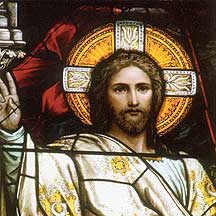







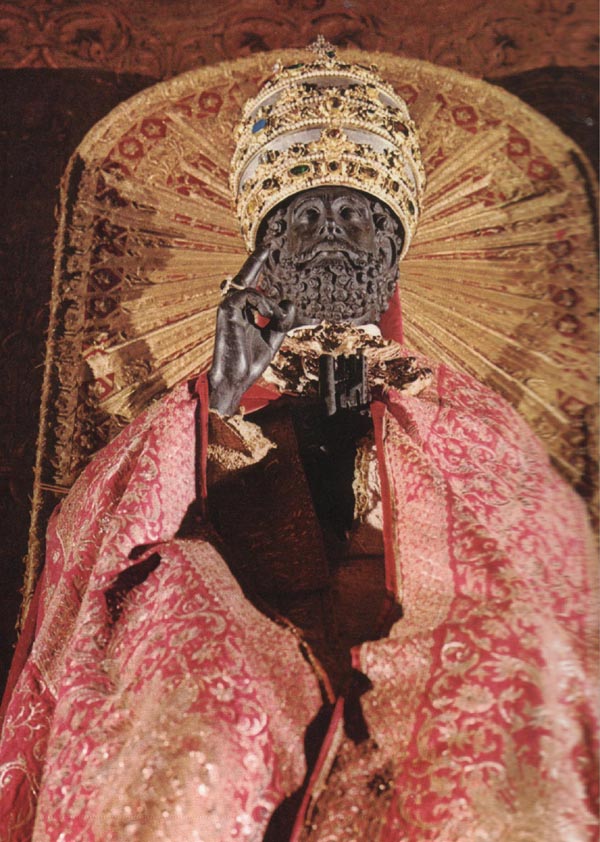
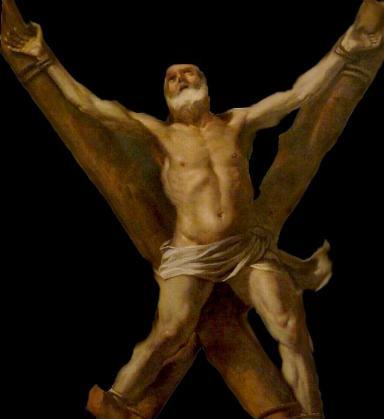




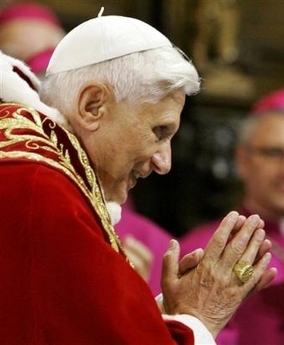







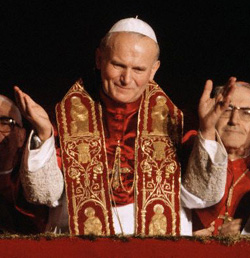
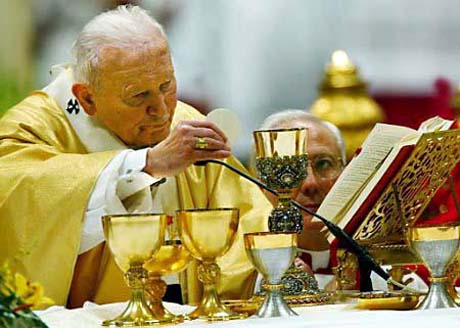







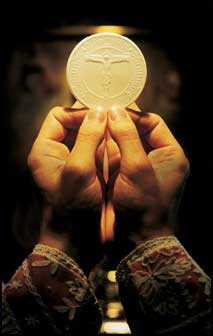
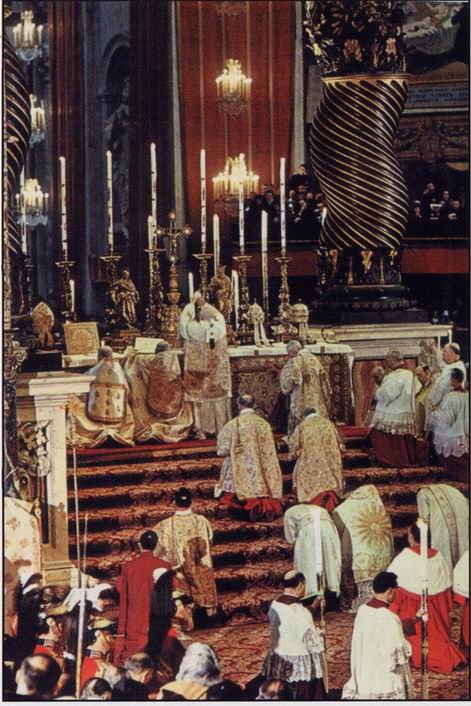

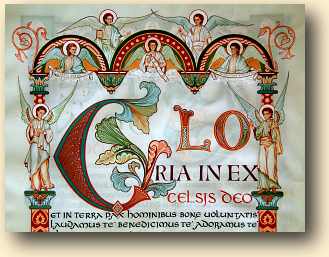

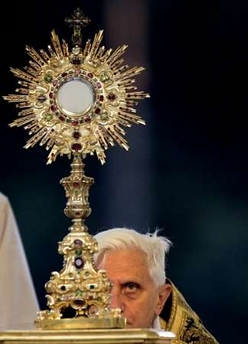


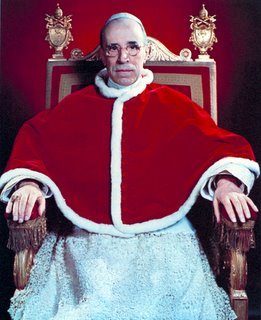




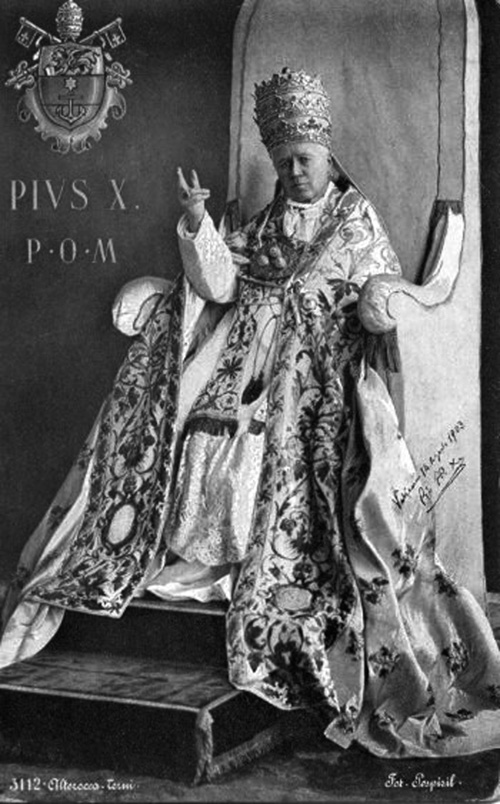



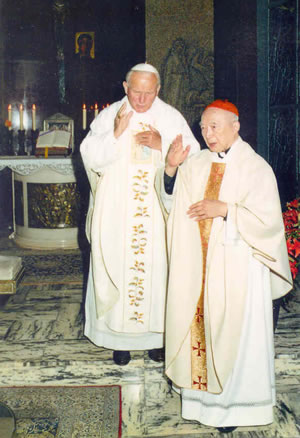






No comments:
Post a Comment